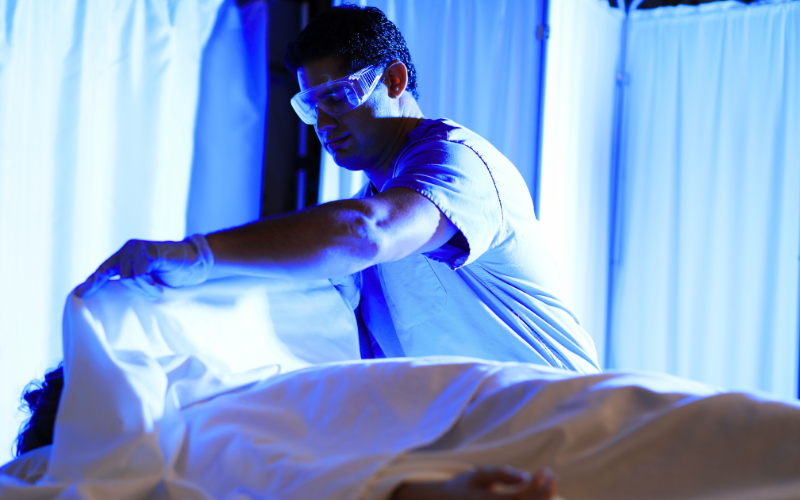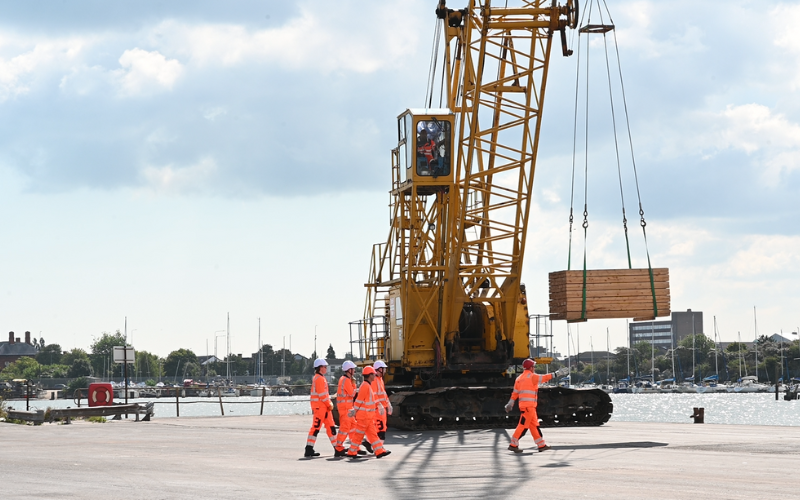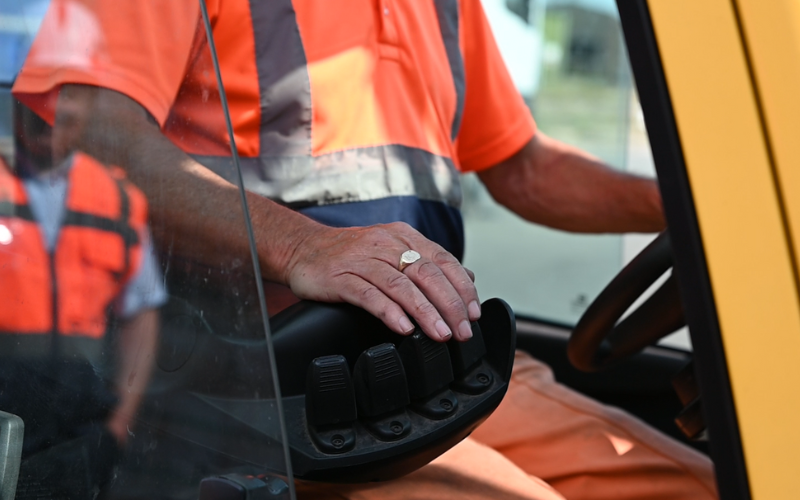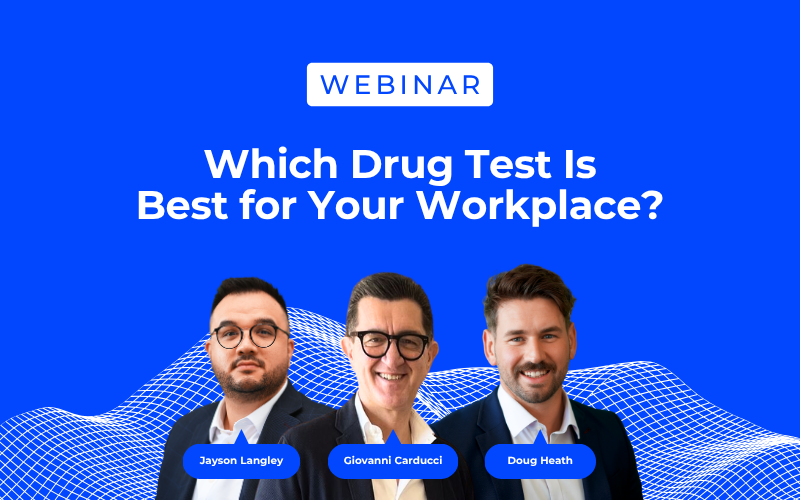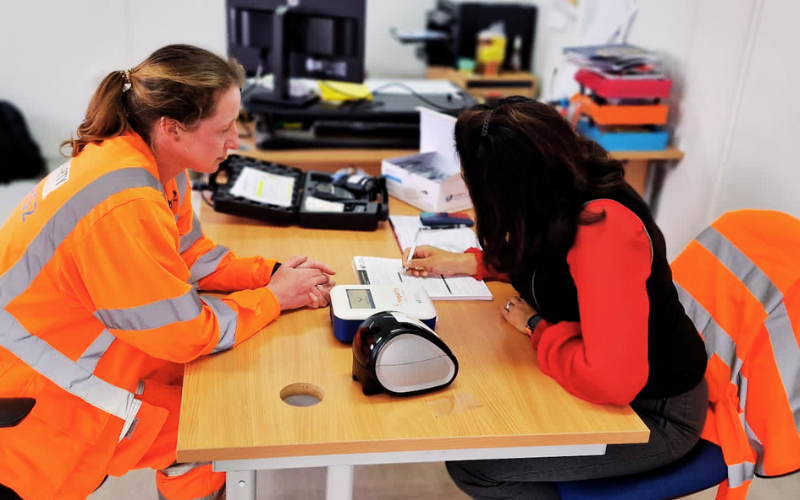Faster Answers for Coroners: Rethinking Drug Screening in Death Investigations
Coroners face a difficult task. Determining whether drugs played a role in a death often requires full toxicology testing, an intensive process that involves forensic pathologists, specialized labs, and weeks of waiting. These reports are detailed and essential in many cases, but not every investigation needs to start with a full toxicology panel. In situations where time is limited or early insight is critical, coroners need a faster, more flexible option.
The Time Barrier: Delays That Complicate Investigations
Traditional toxicology reports can take 10 to 20 business days, or longer, to return from the lab. This delay can stall inquests, slow down post-mortem reporting, and leave families waiting for answers. In some cases, coroners must issue interim death certificates or postpone inquests entirely, creating administrative and emotional strain.
Delayed toxicology also risks eroding the quality of evidence. As time passes, physical samples may degrade, especially if not stored under ideal conditions. This can compromise the accuracy of later lab results. In parallel, witness recollections may fade, and contextual details, such as scene observations or medical history, can become harder to verify. These delays can hinder coroners’ ability to draw timely, well-supported conclusions, particularly in cases involving suspected drug use. According to public health guidance, timely evaluations are essential to ensure that investigations lead to meaningful, health-protective actions.
When toxicology results arrive too late, coroners may miss the opportunity to connect patterns across cases, inform public health responses, or provide families with the closure they need.
These delays also extend the time between cases, limiting how quickly coroners can move from one investigation to the next. In high-volume jurisdictions, this can lead to growing backlogs, increased storage demands, and mounting pressure on stretched teams.
The Cost and Complexity of Full Toxicology
Full toxicology testing is not only slow, it’s expensive and resource-intensive. While lab fees vary, expert witness costs alone can exceed £250 per case, and that doesn’t include sample collection, storage, or transport.
Samples such as blood, urine, and tissue must be collected under strict conditions and stored in temperature-controlled environments. Blood samples typically require refrigeration, while urine may need freezing. During transport, these samples must remain within specific temperature ranges to preserve integrity. This often means using insulated packaging, cold packs, and tracked courier services, all of which add cost and complexity.
In real terms, transporting and storing toxicology samples can cost £50–£100 per case, depending on distance, urgency, and packaging requirements. Multiply that across dozens or hundreds of cases, and the financial burden becomes clear, especially for coroners operating under tight local authority budgets.
A Smarter Approach: Fingerprint Drug Screening for Coroners
The intelligent fingerprinting drug testing solution offers a practical alternative. This multi-step system allows coroners to conduct an initial drug screening test using sweat from the fingertips, even post-mortem. The drug screening cartridge collects the sample in seconds. The drug screening reader then analyzes the cartridge and delivers on-screen results in under 10 minutes.
The system screens for four key drug groups: cannabis (THC), cocaine, opiates, and methamphetamine. It’s non-invasive, portable, and easy to use in the mortuary—making it ideal when time is short or when a full toxicology report isn’t yet justified. If further analysis is needed, coroners can follow up with confirmatory lab testing using the confirmation cartridge.
This approach gives coroners the flexibility to act quickly, prioritize resources, and support early-stage investigations with confidence.
Supporting Faster, Smarter Death Investigations
Coroners need tools that match the urgency and complexity of their work. Full toxicology testing remains essential in many cases. But it’s not always the right first step. With fingerprint drug testing, coroners gain a fast, respectful, and cost-effective way to screen for drug involvement early in the process. It helps them make informed decisions, reduce delays, and deliver answers when they matter most.
In active use at facilities such as the Medico-Legal Centre in Sheffield, the Drug Screening Solution continues to support coroners by providing rapid insight into potential substance involvement. This allows faster case progression and better-informed inquest preparation.

